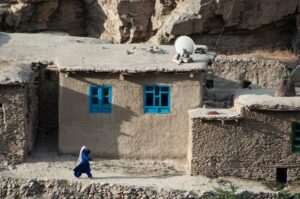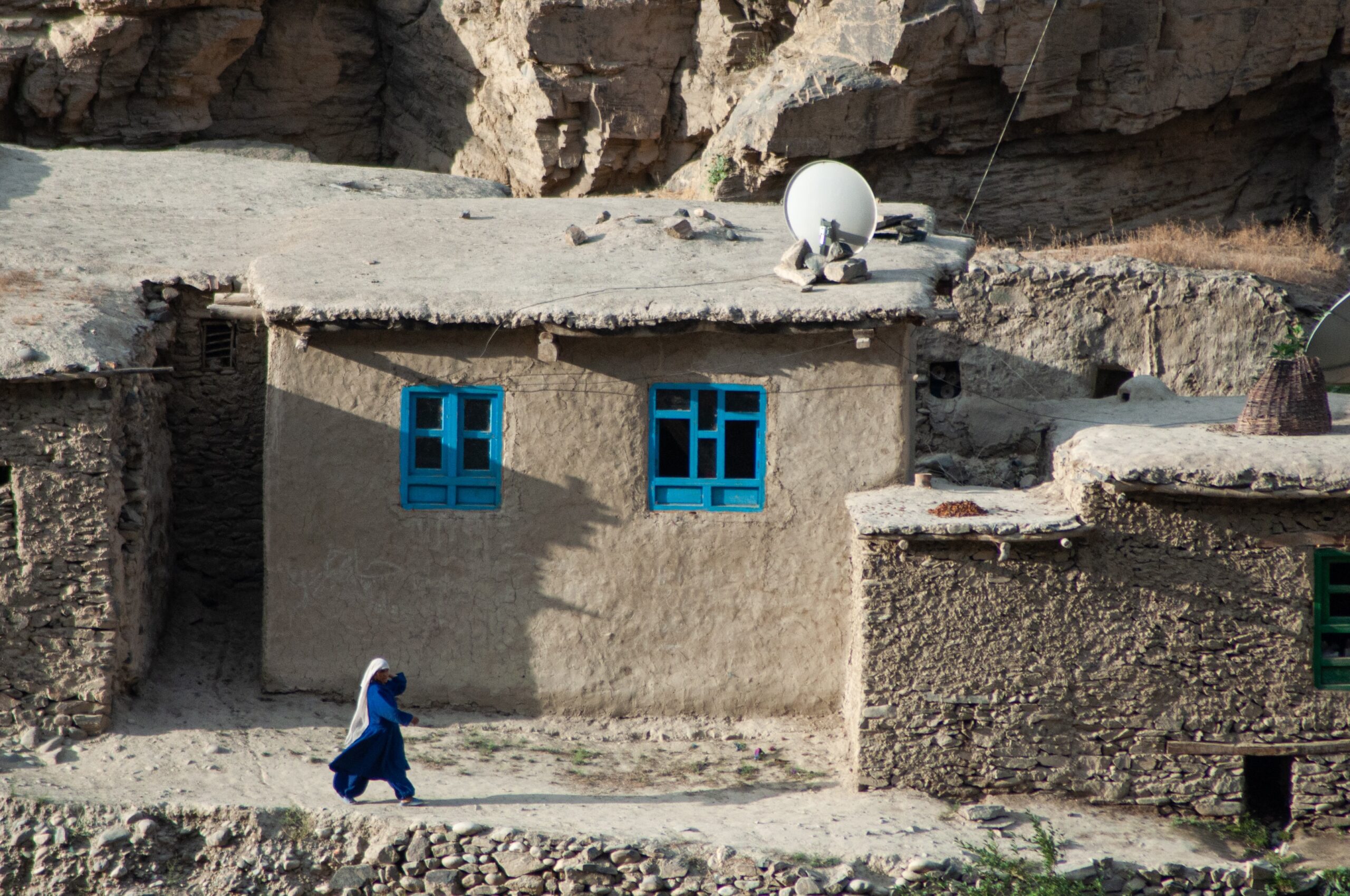2 September 2021
Voices of the Taliban
Where now for Afghanistan?
By Robert Kilconner
 One of the striking things about the news coming in from Afghanistan is the inconsistency in the views and actions attributed to the Taliban. Sometimes they talk about the place of a woman as being in the home: at others they say that there will be no reversion to the suppression of women of 20 years ago. Sometimes we hear of house to house searches as supporters of the previous regime are rooted out and executed: at others we hear of groups of Taliban working to restrain their erstwhile colleagues. This apparent randomness must be terrifying for those on the ground but from our more distant perspective it contains clues as to how things might develop.
One of the striking things about the news coming in from Afghanistan is the inconsistency in the views and actions attributed to the Taliban. Sometimes they talk about the place of a woman as being in the home: at others they say that there will be no reversion to the suppression of women of 20 years ago. Sometimes we hear of house to house searches as supporters of the previous regime are rooted out and executed: at others we hear of groups of Taliban working to restrain their erstwhile colleagues. This apparent randomness must be terrifying for those on the ground but from our more distant perspective it contains clues as to how things might develop.
First, then, what does it mean? Are the Taliban cynically tailoring their statements to their audiences, saying one thing today and another tomorrow, as the balance of advantage takes them? Of course political confusion breeds that sort of thing but it does not sound a natural course for a movement marked by its religious zealotry. So what is the alternative? If individual Taliban leaders are behaving with reasonable consistency it must follow that the contradictions arise because those leaders have different views and the fact that we hear from them in turn gives the impression that the organisation as a whole is changing its mind.
That of course would not be surprising. As an organisation with its roots in the countryside one would expect the Taliban to encompass a number of different strains, some more moderate than others, some more extreme, some given to zealotry, some more pragmatic, and the complexion of the regime which runs Afghanistan will depend upon which of those strains becomes dominant.
So far there has been little about this in the press, no doubt foreign correspondents have tended to work from the cities, but, as it is central to any modelling of the future position and the consequential setting of policy, it must be an area on which the attention of security services is strongly focused. What are they likely to see?
Shaw Sheet employs no news reporters so we have no direct knowledge but one or two points are suggestive. The first is that in a theocratic movement inspired by Islamic scholarship change is likely to occur slowly, in which case the influence of those who led the country 20 years ago will still be relatively strong. At first sight that may seem worrying because the previous regime was an oppressive one but experience shows that politicians become more moderate as they age and can learn a lot in periods of exile. Hopefully, then, they will be an influence for moderation and pragmatism.
Had the ousting of the western-backed regime been longer or more difficult this would have gone for nothing as a new generation of young aggressive commanders would have taken control of the movement as well as the running of the war. Because it has all happened so quickly there has been little need for this so perhaps as things settle down we will find that an experienced generation is in charge.
Whatever the truth of that, one thing is clear. It must be in our interest and the interest of the international community not only to encourage more moderate elements but to build bridges with the new regime, whatever it turns out to be, which is why the structure of Monday’s resolution of the UN Security Council is so delicate. Linking international recognition to Afghanistan not being a haven for terrorism may be straightforward but the requirement as to human rights and those of women in particular are less so. One could imagine a strict Muslim saying that this was a neo-colonialist attempt to impose Western values on an Islamic society. Any steps to push Afghanistan in this direction will need to be handled very carefully indeed.
Cover page image: Joel Heard (Unsplash)


